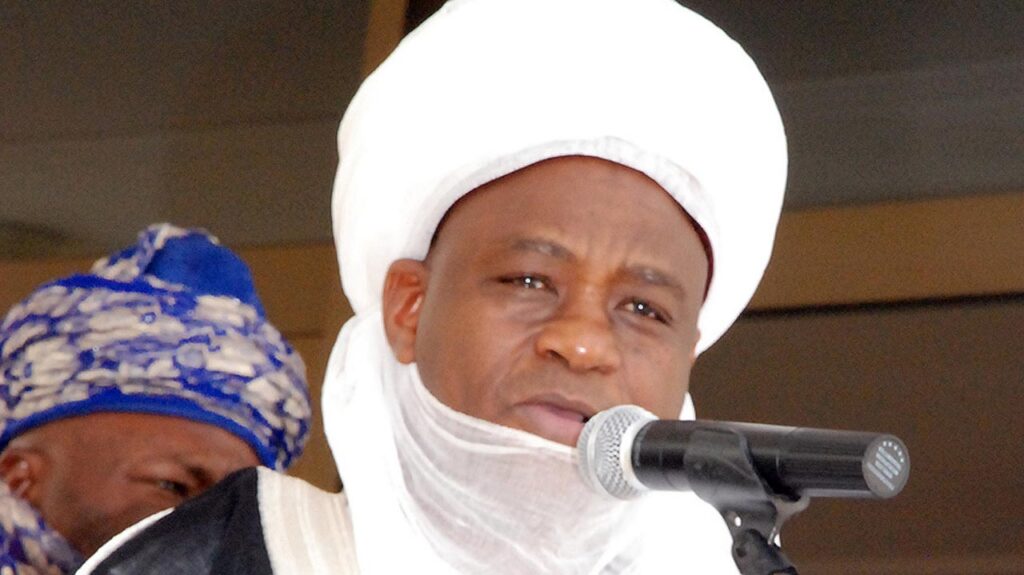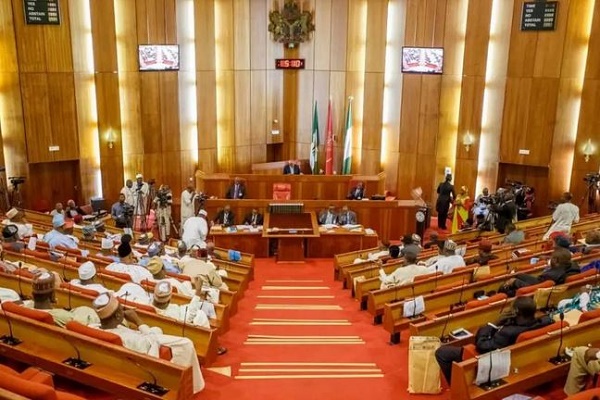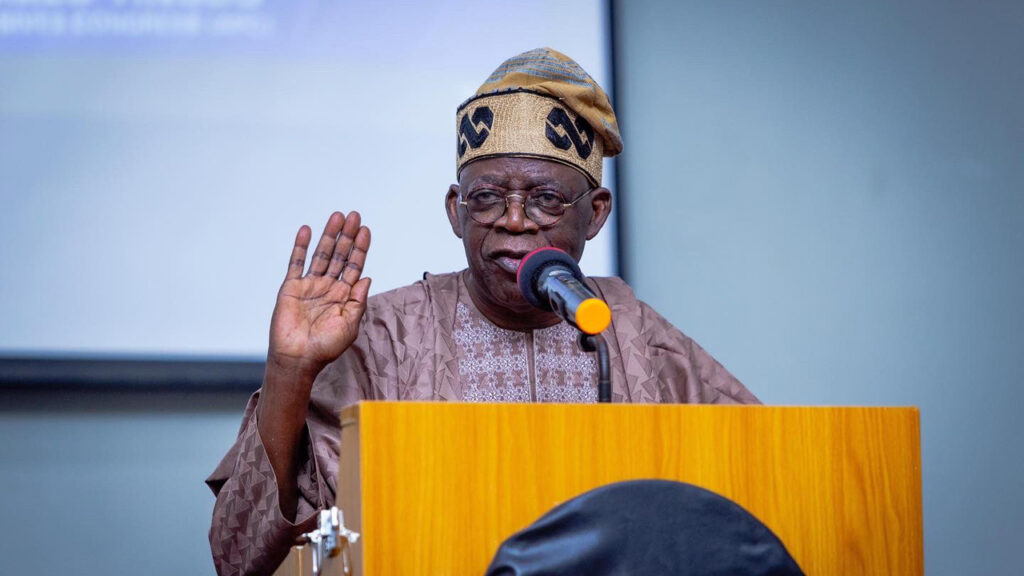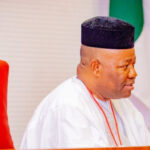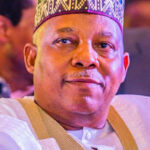
Barring the last-minute return of Nigeria’s Port-Harcourt, Warri, and Kaduna refineries, the President Bola Tinubu administration may have to pay more subsidies on Premium Motor Spirit.
This comes as the Organisation of Petroleum Exporting Countries (OPEC), yesterday, decided to retain oil production cuts to tighten the market.
Although analysts had expected that OPEC and OPEC plus members would relax their grip on the oil market, the producers rather extended their agreement to 2025.
Coming amidst a widening revenue shortfall in Nigeria, oil prices ended last week above $80 per barrel, a development which created a difficult situation for countries like Nigeria, that are meant to be enjoying windfall but instead rely on the importation of petroleum products amidst high exchange rate, inflation and price control by the government.
Despite failing to produce OPEC’s 1.5 million barrels per day quota and the 1.78 million bpd budget benchmark, the cartel, yesterday, retained Nigeria’s production output.
This comes as the Minister of Petroleum Resources (oil), Heineken Lokpobiri expressed the readiness of the country to continue to support the stability of the oil market as led by OPEC.
Rising from its 37th OPEC and OPEC plus meeting, the oil producers against market expectations agreed to extend crude oil output cuts to 2025 with the projection of stabilising the market amid tepid demand growth, high interest rates, and rising U.S. production.
With an output cut of a total of 5.86 million bpd or about 5.7 per of global demand, OPEC, in its Sunday meeting, shifted the expiration of the deadline from the end of June 2024 to 2025.
Lokpobiri at the meeting emphasised Nigeria’s continued compliance with production adjustments designed to stabilise the global oil market.
“Nigeria remains unwavering in its commitment to the agreements made under the DoC. Our adherence to these production adjustments is crucial for maintaining market balance and supporting global efforts toward sustainable oil market stability,” he said.
Lokpobiri said the decisions made during the meeting would contribute significantly to stabilising the global oil market, ensuring a balanced and fair approach for all involved.
While Tinubu maintained that the country had removed subsidy, a former Bauchi State Governor, Isa Yuguda; Chief Executive Officer of Rainoil Limited, Gabriel Ogbechie, the International Monetary Fund and other key stakeholders had insisted that the country was paying N600 billion on subsidies.



